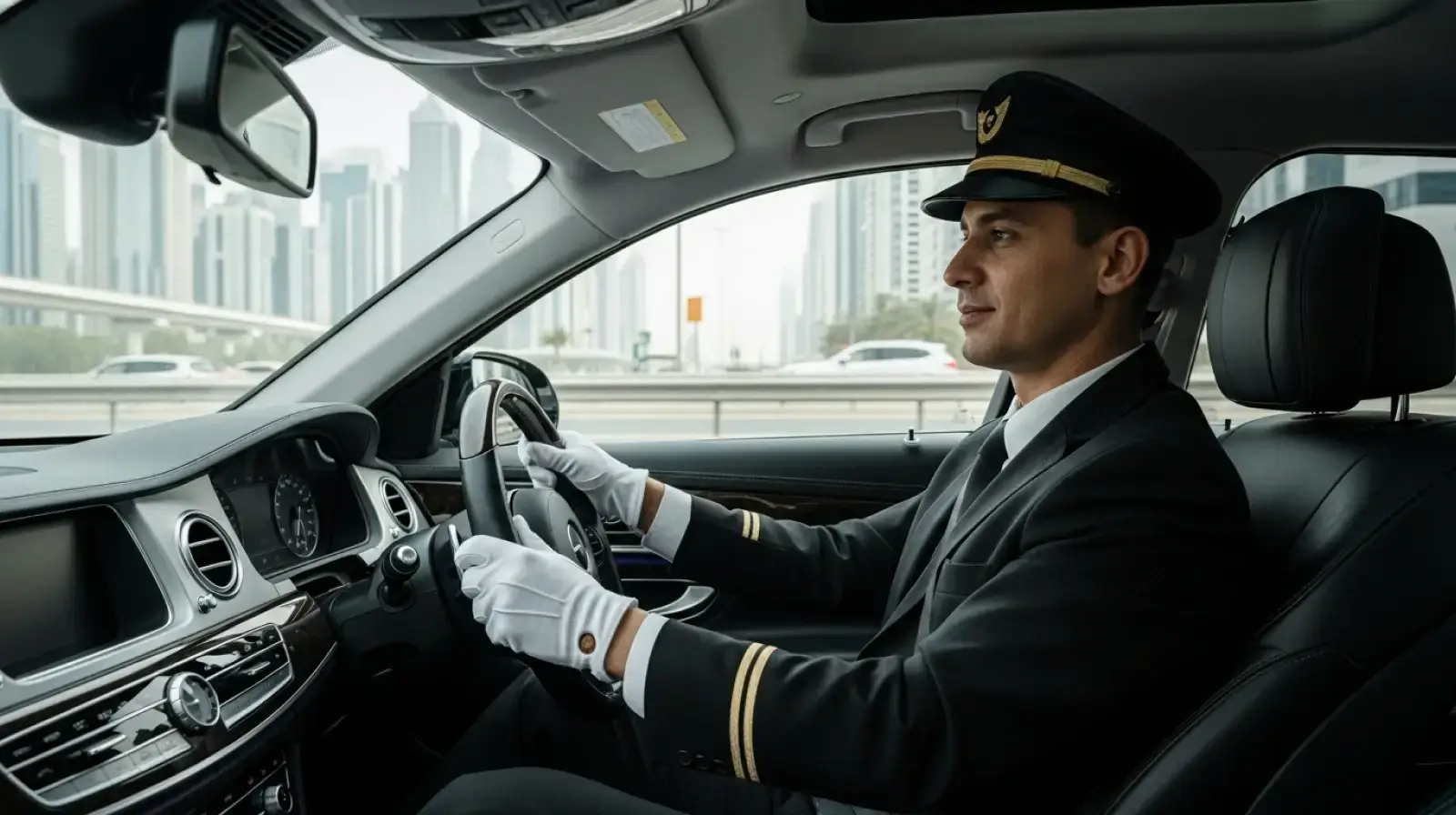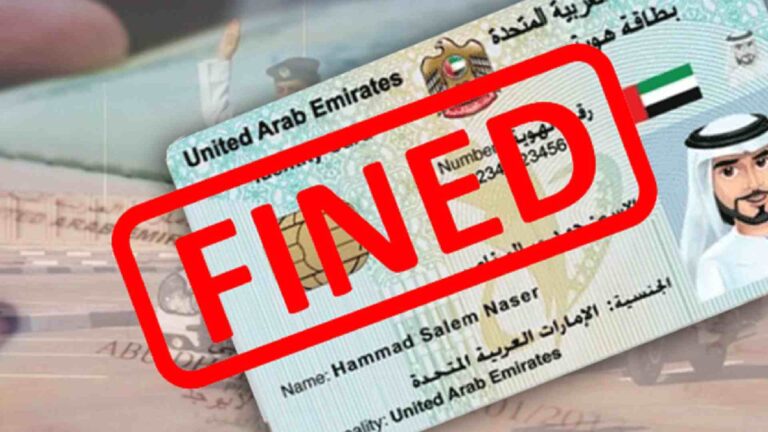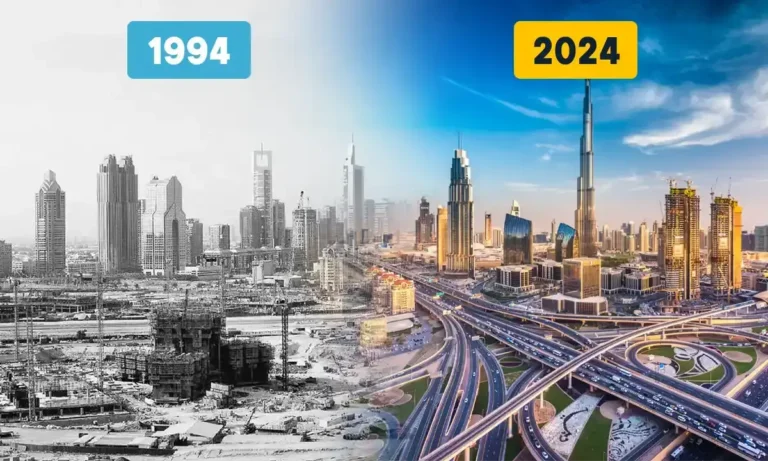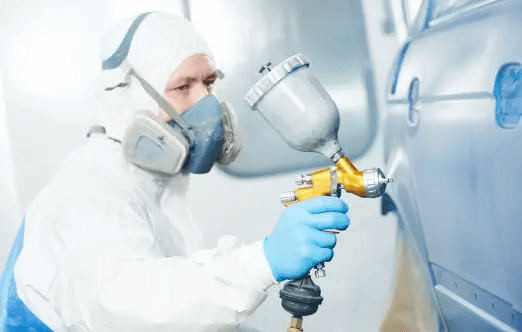Driver Affairs: Empowering the Backbone of UAE’s Road Network
If you want to understand how the UAE created one of the safest, most efficient, and most technologically advanced road systems in the world, you need to look beyond the highways and traffic lights — and focus on the human infrastructure powering it. At the centre of this system is Driver Affairs, an institution that shapes driver behavior, professional standards, licensing protocols, and the overall safety culture across the UAE.
In a country where mobility drives economic growth, social integration, and tourism, the work of Driver Affairs is not merely administrative. It is strategic. Every training session, every license renewal, every safety campaign, and every digital upgrade contributes to a larger vision: ensuring that every driver represents the UAE’s commitment to discipline, courtesy, modernity, and public safety.
Across Dubai, Abu Dhabi, Sharjah, Ajman, and the Northern Emirates, Driver Affairs functions as a central ecosystem, connecting people, policy, technology, and real-world behavior. It’s a department that amplifies the UAE’s progress by empowering the individuals who keep the country moving.
The Evolution of Driver Affairs in the UAE
The story of Driver Affairs is closely tied to the UAE’s transformation from the 1970s to today. As modern road networks rapidly expanded, so did the need for a unified system to monitor, manage, and elevate driver standards.
What began as a largely manual, paperwork-heavy process has evolved into a digitized, AI-enhanced, data-driven ecosystem. The department moved from stamp-and-file systems to:
- Smart licensing portals
- Digital driver records
- AI-powered violation monitoring
- Automated renewal reminders
- Integrated databases with RTA and police authorities
This shift reflects the UAE’s national vision — a transition toward smart cities, seamless governance, and road safety built on both technology and human responsibility.
Today, Driver Affairs stands as one of the most advanced driver management frameworks in the Middle East, aligning with Dubai’s Smart Government initiative, Abu Dhabi’s transport transformation goals, and the UAE’s long-term sustainability and safety strategies.
Licensing & Regulation — The Core of Drivers Affairs
Driver Affairs is the authority that ensures every driver — from private car owners to heavy truck operators — meets the UAE’s rigorous standards of knowledge, skill, and ethical driving behavior.
Its responsibilities include:
- Issuing new driving licenses
- Overseeing renewals and upgrades
- Maintaining centralized digital driver profiles
- Recording traffic violations
- Ensuring compliance with safety laws
- Verifying driver credentials for commercial and professional roles
Every new driver undergoes an extensive journey:
theoretical classes → simulation training → practical lessons → RTA assessment → on-road test
This structured pathway guarantees that only competent drivers receive their licenses, reinforcing the UAE’s uncompromising stance on road safety.
Driver Affairs also coordinates with top driving institutes — including Dubai Driving Center, Emirates Driving Institute, and Al Wahda Driving School — to ensure the curriculum meets international benchmarks and incorporates real UAE road scenarios.
Professional Driver Training: Building the Backbone of UAE Mobility
Taxi drivers, bus captains, ride-hailing chauffeurs, logistics drivers, and delivery riders form the backbone of the UAE’s mobility and service sectors. Recognizing their essential role, Driver Affairs delivers specialized training modules that go beyond technical driving skills.
Professional development includes:
- Defensive driving and hazard perception
- First-aid basics and emergency response
- Vehicle inspection and preventive maintenance
- Customer service and communication etiquette
- Road ethics and driver behavior standards
- Fatigue management and stress awareness
This is where the UAE’s human-centric vision stands out. Drivers are not treated as just operators — they are ambassadors representing the country’s values of respect, hospitality, punctuality, and professionalism.
Digital Transformation: A New Era of Smart Driver Services
Driver Affairs has been instrumental in the UAE’s journey toward fully digital transport services.
Nearly every driver-related service can now be completed online, including:
- License renewal
- Replacement for lost/damaged licenses
- Violation tracking
- Insurance verification
- Eye-test integration
- Online payments
- Smart notifications and reminders
AI and data analytics support decision-making by identifying:
- High-risk driving patterns
- Recurring violations
- Drivers who may need additional training
- Routes with heightened accident probability
This digital-first mindset reduces bureaucracy, minimizes errors, speeds up service delivery, and strengthens trust through transparency.
Safety Campaigns, Driver Welfare, Partnerships & Future Vision
Safety Awareness: Shaping a Culture of Responsible Driving
One of the most influential roles of Driver Affairs is its ongoing commitment to shaping a nationwide culture of road safety. Beyond issuing licenses and maintaining driver profiles, the department actively educates the public through year-round safety campaigns, community outreach, and collaborative events across schools, workplaces, and transport hubs.
These campaigns tackle real-world issues affecting drivers every day, including:
- Speeding and aggressive driving
- Distracted driving caused by mobile phones
- The importance of seat belts — even in the back seat
- Fatigue, long working hours, and micro-sleep risks
- Safe driving during fog, rain, and sandstorms
By involving youth groups, corporate fleets, logistics companies, and ride-hailing operators, these programs cultivate long-term behavioral change instead of temporary awareness. The UAE’s road network becomes safer not because of stricter rules alone, but because drivers feel personally responsible for their role in public safety.
Driver Welfare & Well-Being: A Human-Centric Approach
Behind every delivery van, school bus, tourist coach, or taxi is a human being working long hours to support their family and contribute to the UAE’s economy. Driver Affairs recognizes this — which is why welfare sits at the heart of its mission.
Key welfare initiatives include:
- Regular health checkups
- Mental health awareness programs
- Safe accommodation standards for professional drivers
- Regulated working hours and rest-period guidelines
- Access to shaded rest areas, hydration stations, and lounges
- Educational sessions on road stress and fatigue management
For commercial and delivery drivers, the department collaborates with employers to ensure compliance with UAE labor laws and safety standards. This partnership ensures drivers are treated not as expendable labor but as valuable contributors to the country’s progress.
This human-first approach mirrors the UAE’s broader social vision — a society where excellence is rooted in dignity, fairness, compassion, and recognition.
Partnership with Law Enforcement & Transport Authorities
Driver Affairs does not operate in isolation. Its strength lies in seamless collaboration with:
- Dubai Police
- Abu Dhabi Police
- Sharjah Police
- Roads and Transport Authority (RTA)
- Integrated Transport Centre (ITC) Abu Dhabi
- Municipal authorities across all emirates
These partnerships enable unified road safety enforcement across the UAE’s diverse regions.
Joint operations focus on:
- Reducing accident rates
- Stopping reckless driving and tailgating
- Identifying repeat offenders
- Ensuring commercial drivers comply with safety rules
- Monitoring heavy vehicles and long-haul trucks
- Conducting large-scale awareness drives on seasonal risks (fog, rain, holidays)
These agencies share data in real time, enabling fast action and informed policy decisions. Every traffic violation, license renewal, inspection, and driver record contributes to a larger ecosystem of road safety.
This is why the UAE remains one of the global leaders in road safety and intelligent transport systems.
Driver Affairs During Crises & Emergencies
The COVID-19 pandemic shined a spotlight on the indispensable role of drivers — especially delivery drivers, logistics teams, ambulance operators, and public transport captains.
During the crisis, Driver Affairs worked closely with health authorities to:
- Issue special movement permits
- Prioritize safety training
- Implement mandatory hygiene protocols
- Support frontline mobility workers
- Coordinate with RTA, police, and logistics companies
Drivers became essential workers — the invisible force ensuring continuity of services, food deliveries, medical supplies, and emergency transport.
Driver Affairs not only managed logistics during this period but also reinforced societal appreciation for drivers as frontline heroes.
Innovation & Future Vision for Drivers Affairs
The department continues to evolve with a future-focused agenda built on automation, sustainability, and global best practices.
Key innovation areas include:
1. AI-Powered Driver Training
Drivers are increasingly trained using AI simulators that replicate real UAE road conditions — from sudden lane changes to foggy highways and complex roundabouts.
2. Virtual Testing Environments
VR-based road tests offer safer, standardized, and scalable ways to assess new drivers.
3. Digital Driver Identity Systems
Future licenses may be stored securely on digital wallets, accessible with biometric verification.
4. Predictive Analytics
Machine learning algorithms analyze driving patterns to identify:
- High-risk drivers
- Dangerous habits
- Potential accident clusters
- Training needs based on data signals
5. Sustainability & Eco-Driving
To support the UAE Net Zero 2050 target, Driver Affairs is pushing:
- Eco-driving courses
- Incentives for EV adoption
- Training for electric fleet drivers
- Awareness on fuel-efficient habits
6. International Collaboration
Partnerships with global road safety organizations and international driving institutes help align the UAE with cutting-edge practices.
The future of drivers affairs in the UAE is not just digital — it is global, green, and deeply human-centered.
Community Engagement: Fostering Responsibility at Every Level
A sustainable road safety culture cannot rely on regulations alone. Driver Affairs invests in community outreach so residents feel shared responsibility.
Community programs include:
- School workshops for young, future drivers
- University transportation awareness campaigns
- Corporate fleet safety audits
- Road safety competitions and events
- Volunteer-led road awareness drives
- Public education through radio, social media, and malls
These programs shift the mindset from “following rules to avoid fines” to “driving responsibly to protect lives.”
Human Stories Behind the Wheel
Beyond systems and strategies, Driver Affairs acknowledges the human stories that define UAE roads.
- A driver transporting schoolchildren safely each morning.
- A delivery rider bringing essentials to households.
- A taxi driver guiding a first-time tourist through Dubai.
- A bus captain ensuring thousands reach work on time.
Each person plays a role in the UAE’s economic engine, hospitality culture, and day-to-day life.
The department frequently highlights these stories through campaigns, honoring drivers who demonstrate exceptional courtesy, honesty, or safety.
This recognition reinforces the idea that safe driving is not just compliance — it is citizenship.
Conclusion: Moving Toward a Safer, Smarter, More Human Mobility Future
Driver Affairs is more than a department — it is the beating heart of the UAE’s mobility ecosystem. By setting rigorous licensing standards, investing in people-centered welfare programs, adopting smart technologies, and nurturing a culture of respect, the UAE continues to lead the region in road safety and intelligent transport.
As the country advances toward sustainable, AI-enhanced, and globally connected mobility systems, Driver Affairs remains committed to building a future where every journey reflects responsibility, innovation, and human dignity.
FAQ: Driver Affairs in the UAE — Answering What People Really Ask
1. What is Driver Affairs in the UAE?
Driver Affairs refers to the government division responsible for managing driver licensing, training, record-keeping, welfare, and road safety initiatives. It works closely with the RTA, police authorities, and transport departments across all emirates to maintain high driving standards.
2. What does the RTA stand for in transport?
RTA stands for Roads and Transport Authority, Dubai’s main transportation regulator responsible for public transport, road planning, licensing, and vehicle registration.
3. What is the RTA WhatsApp number?
Dubai’s RTA WhatsApp service is available through their official contact channel. It enables users to access quick services like fine inquiries, Salik balance checks, and Nol card info. (Always verify through the official RTA site for updated numbers.)
4. What is the “3-second rule” in UAE driving?
The 3-second rule helps drivers maintain a safe distance from the vehicle ahead. Pick a fixed point on the road — your car should pass it at least three seconds after the vehicle in front. This reduces tailgating, one of the leading causes of highway accidents in the UAE.
5. How do I speak to RTA customer service?
You can contact RTA through their call center, their official app, WhatsApp service, or live chat on the RTA website. For specific licensing and driver inquiries, the RTA Support team handles real-time assistance.
6. What is the salary of an RTA driver in Dubai?
Salary packages vary depending on whether the driver works in taxis, buses, or logistics. On average, RTA or affiliated public transport drivers earn between AED 3,500 – AED 6,500, with overtime and benefits depending on the employer.
7. What does Type 4 RTA refer to?
Type 4 typically refers to a specific RTA service category or form type. It may relate to commercial driving or specific transactions. Since RTA updates service categories frequently, users should check the latest classification on the RTA portal.
8. Why is the RTA required?
The RTA ensures organized, safe, and efficient transport across Dubai. Without it, public transport, road planning, driver licensing, and traffic regulation would lack consistency and central management.
9. How do I check my RTA driver name or license details?
You can verify your license, fines, and traffic file through the RTA app, website, or Smart Kiosks located across Dubai. The system provides real-time data linked to your Emirates ID.
10. Which country code is +971 56?
+971 is the country code for the UAE. The 56 prefix is used by certain UAE mobile operators.







